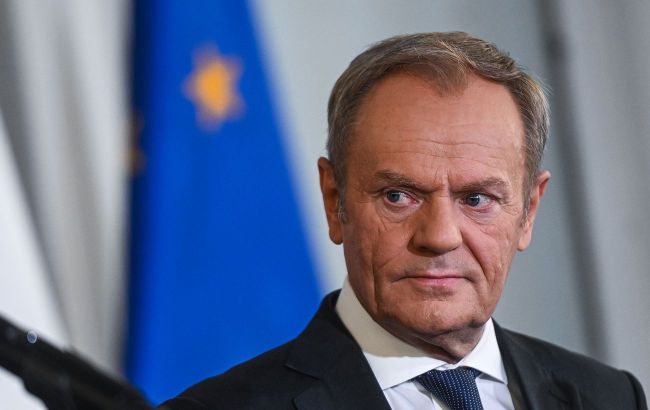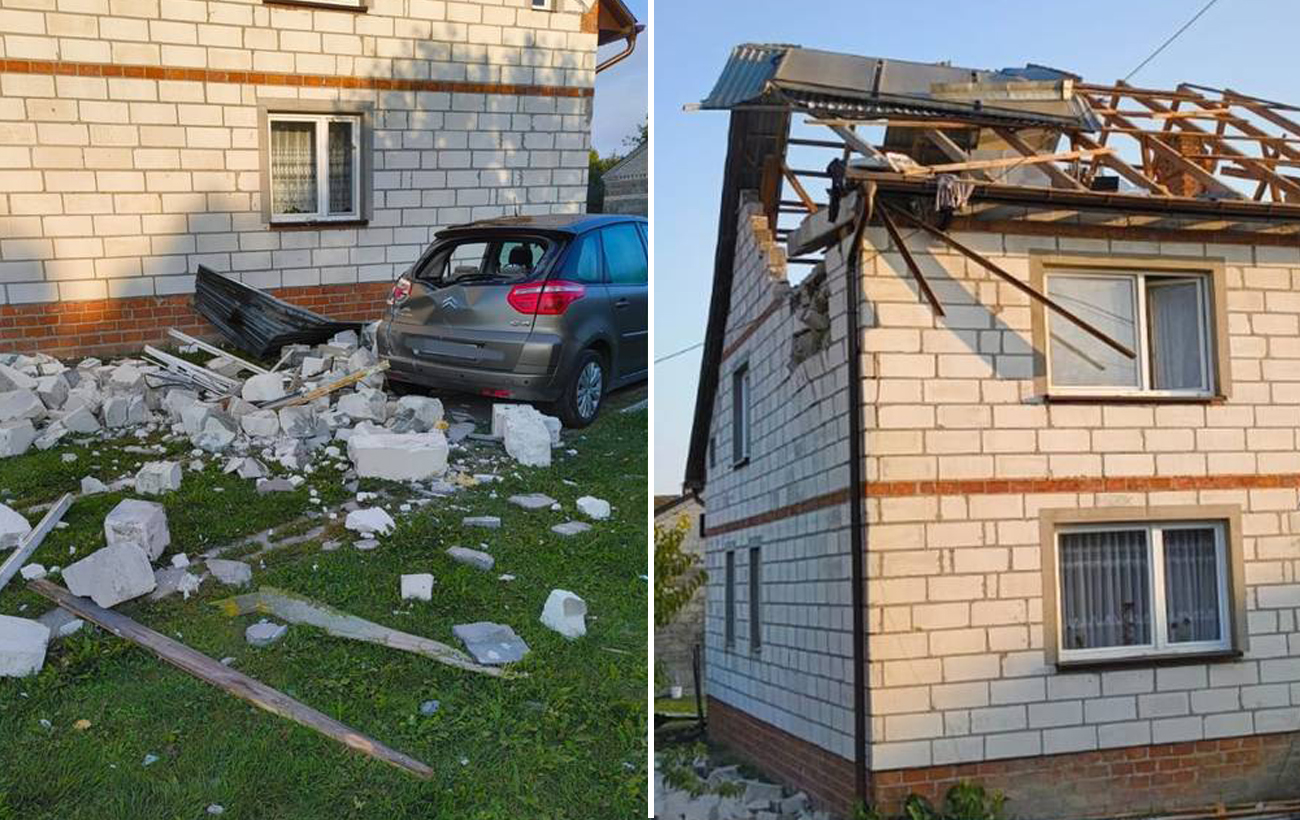Kremlin blackmails West: Why Putin chooses to attack Poland
 Polish Prime Minister Donald Tusk (Photo: Getty Images)
Polish Prime Minister Donald Tusk (Photo: Getty Images)
For the first time since the start of the full-scale war against Ukraine, Russia carried out a massive drone attack on Poland - a NATO member state. But there is no reason to expect the beginning of World War III.
RBC-Ukraine analyzes what lies behind the Kremlin’s actions, why this happened now, and how NATO might respond.
Key questions:
- What is the goal of Russia’s attack on Poland?
- How is the attack connected to attempts at peace talks?
- What options for response does NATO have?
What lies behind Kremlin’s actions
Although Russia’s attack on Poland was limited in scope - four drones were shot down by Polish and NATO air defenses, while others only damaged one house and a nearby parked car - its impact in the information sphere is much greater. Likely, that was exactly what the Kremlin was counting on. According to Mykhailo Podolyak, Adviser to the Head of Ukraine’s Presidential Office, Russia deliberately and purposefully attacked Poland.
“This is, without a doubt, a fully conscious strategy. To test the ‘system of possible Western responses’ and prove that it doesn’t exist. To shock Ukraine’s European partners, frighten them, and throw them off their support algorithms…” Podolyak wrote.
At the same time, there are other reasons for such actions by Russia, relating to the broader context of negotiations to end the Russia-Ukraine war. This is about “escalation for de-escalation.”
“In this way, Putin, I think, will also try to pressure Trump, to ‘sell air,’ as if saying: we are ready to de-escalate (after this strike - ed.) in exchange for certain concessions, including on the Ukrainian issue,” Oleksandr Leonov, Executive Director of the Penta Center for Applied Political Studies, told RBC-Ukraine.
Another dimension of this story is Russia’s attempt to avoid sanctions from the United States. Donald Trump has so far refrained from imposing them, but such a prospect looked increasingly realistic, Leonov believes. These days, EU Sanctions Envoy David O’Sullivan is in Washington together with a group of experts.
“Negotiations on sanctions against Russia are underway. The previous stalling tactics - meetings with Trump and phone calls - are unlikely to work a third time, because Europe is now setting other conditions. And now Putin will again try to scare the West in order to get some acceptable terms for talks,” Leonov noted.
As a bonus, Russia is already trying to stir up additional anti-Ukrainian sentiment in Poland, suggesting that Kyiv should have shot down the drones over its own territory. Such messages are already appearing in the Polish segment of social media.
NATO’s reaction
It is obvious that this Russian attack is too minor for Poland and other NATO members to recognize it as an act of aggression. Both militarily and politically, because acknowledging it as such would require an appropriate response - something key Alliance capitals would prefer to avoid.
NATO has not yet given a clear assessment of the incident. Alliance Spokesperson Allison Hart, in a brief comment, avoided a direct mention of Russia, merely stating that numerous drones had entered Polish airspace.
“NATO Secretary General is in touch with Polish leadership and NATO is consulting closely with Poland,” Hart wrote on X.
The key will also be the US position. The first reaction from American officials has been reserved. US Secretary of State Marco Rubio only confirmed he had been briefed on the situation, while President Trump did not answer journalists’ questions on the matter late at night US time.
 The consequences of a drone attack on Poland (photo: polsatnews.pl)
The consequences of a drone attack on Poland (photo: polsatnews.pl)
So far, Polish Prime Minister Donald Tusk has appealed to NATO allies for consultations under Article 4 of the North Atlantic Treaty. This article requires mandatory consultations at the request of any member state that considers its territorial integrity, political independence, or security under threat.
This way, Poland and NATO can act without the risk of being directly drawn into war with Russia. At the same time, such a step will still have practical consequences, Leonov noted.
“Article 4 essentially speaks about a pre-war state and about starting consultations and actions to prepare for a possible invasion. In fact, this means NATO goes through all preliminary decisions, including the deployment of troops, even before the actual act of aggression begins. And it already demonstrates that the Alliance is fully prepared for any development,” the Ukrainian expert said.
For Ukraine, other Alliance steps in response to Russia’s actions would also be desirable. Foreign Minister Andrii Sybiha called on the West to decide to use the air defense systems of neighboring countries to shoot down targets over Ukraine for the sake of collective security. However, such a step would require even greater resolve from NATO leaders. Whether that resolve exists in reality will become clear soon enough.
To find out more about the overnight Russian attack on Ukraine and Poland, read our material on the topic.

